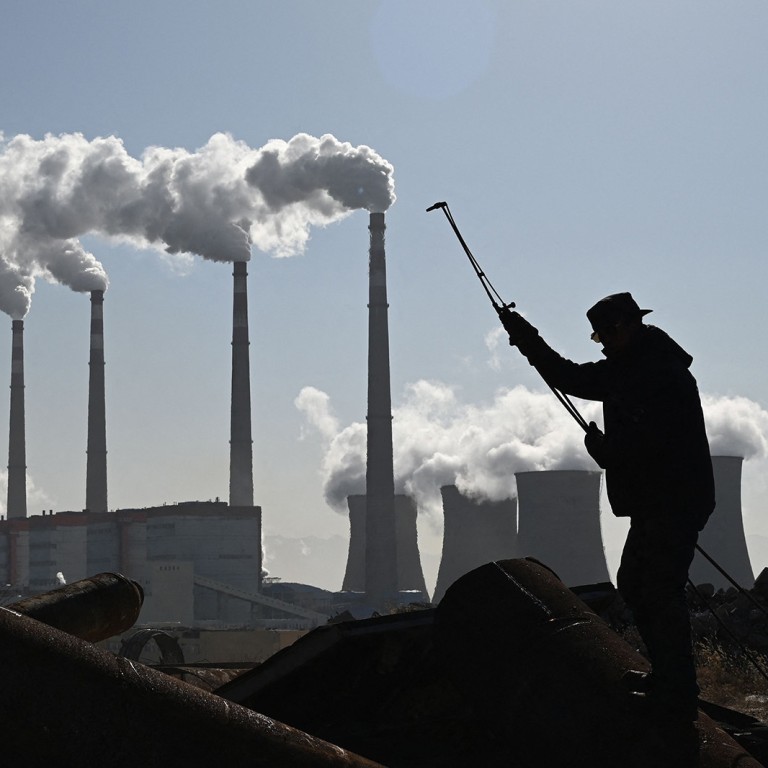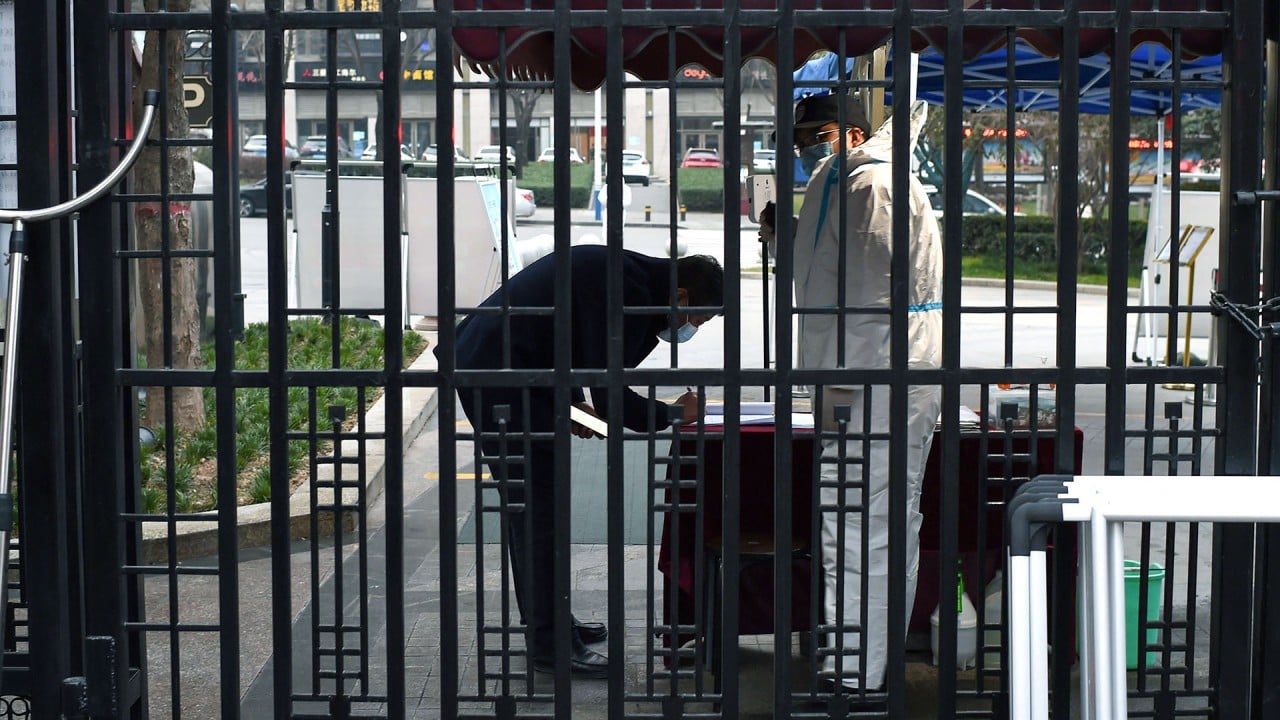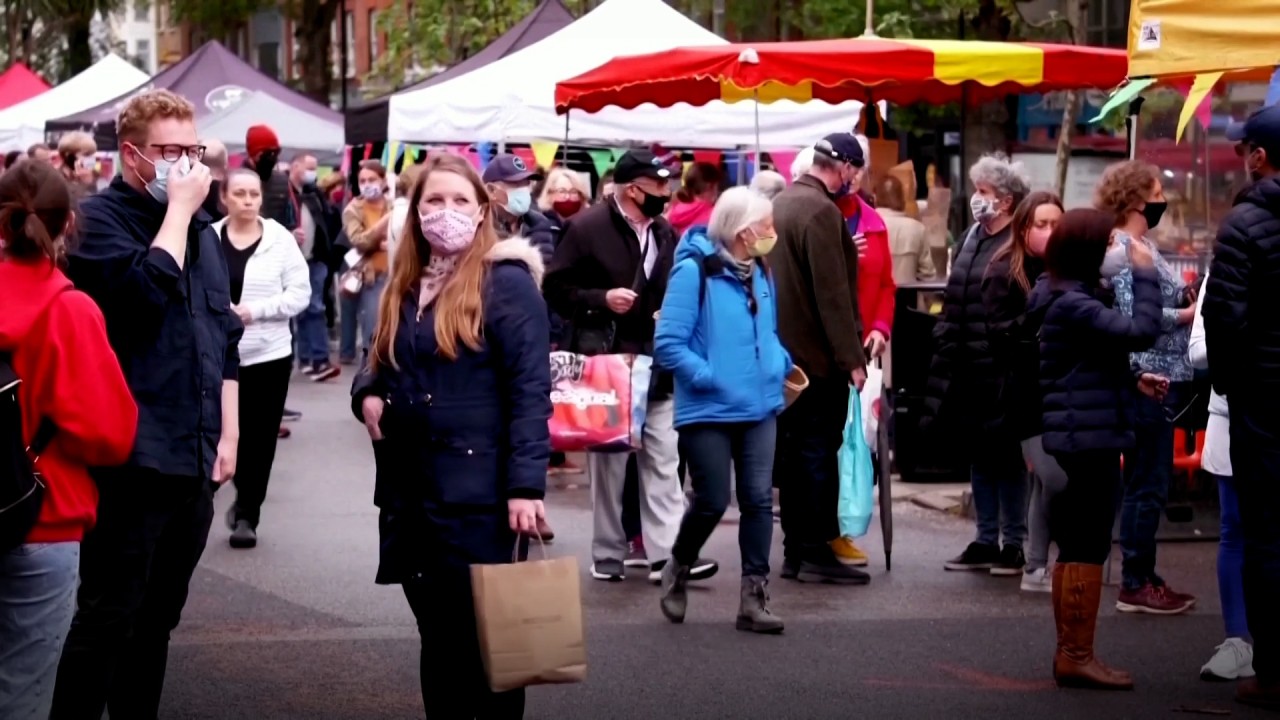
Why China’s 2022 economic outlook is more upbeat than investors may think
- China’s economy will face continuing problems from the property sector, costs from the zero-Covid strategy, slowing exports and factory closures next year
- Even so, most of the headwinds are the result of conscious and presumably well-considered decisions by policymakers in Beijing
Some analysts such as Lu Ting, chief China economist at Nomura, have already flagged issues they feel will restrain the pace of Chinese economic growth in early 2022.
This narrative will resonate with many. However, it is important to bear in mind that these headwinds are, to a large extent, the result of conscious and presumably well-considered decisions made by policymakers.
It was Beijing that decided to take measures to slow the pace of expansion in the property sector, which policymakers perceived to be increasingly unsustainable, with housing becoming increasingly unaffordable.
Beijing warned property, debt crackdown can’t ‘truly defuse economic risks’
Meanwhile, in an attempt to rekindle consumer demand, regulators have encouraged lenders to provide support for the property market by easing the stringent conditions to secure home loan approvals.
As for exports, there will undoubtedly be pent-up demand for Chinese goods from Western consumers. Their inclination to go out and shop is being constrained as a consequence of societal nervousness about the spread of the Omicron variant of Covid-19 and restrictions imposed by many governments to try to limit its spread.
That pent-up demand will surely be unleashed when Western policymakers relax those curbs, especially if medical evidence shows that, while Omicron is easily transmissible, it generally results in milder symptoms than previous variants.
However, factories in China always close for celebrations to mark the Lunar New Year. With a week of public holidays beginning on January 31 to celebrate the start of the Year of the Tiger, investors should perhaps not stress too much about the specific impact of Olympics-related factory closures.
Neal Kimberley is a commentator on macroeconomics and financial markets



